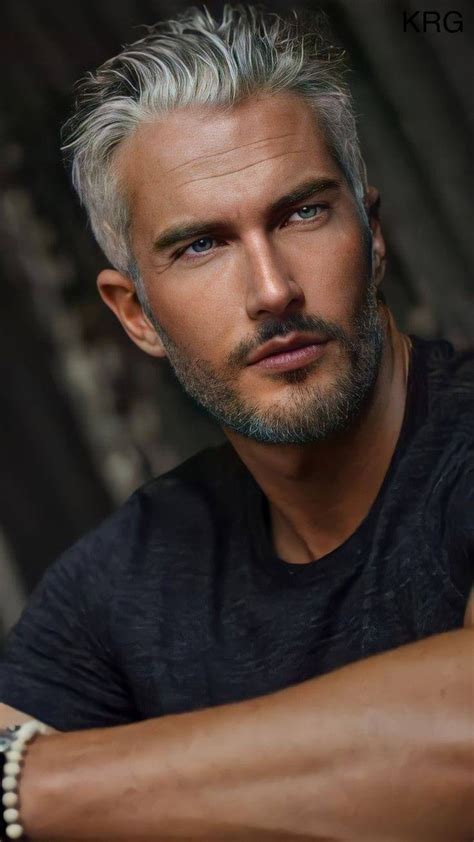The Silent Battle: When Inadequacy Hides Behind Confidence
In a world that often equates masculinity with strength, stoicism, and unwavering self-reliance, men frequently face immense pressure to suppress any perceived weaknesses. This societal conditioning deeply influences how they internalize and process feelings of inadequacy, a universal human experience that, for men, often becomes a silent battle fought behind a carefully constructed facade of confidence.
Unlike women, who are often more socially encouraged to express vulnerability and seek emotional support, men are taught from a young age that showing emotional ‘softness’ can be a sign of weakness. This cultural narrative can make acknowledging inadequacy feel like a personal failure, leading to a complex internal struggle that profoundly impacts their outward demeanor.

Internalizing the ‘Not Enough’ Feeling
Feelings of inadequacy in men can stem from various sources: professional setbacks, relationship struggles, body image concerns, financial pressures, or a perceived failure to live up to traditional masculine ideals. When these feelings arise, the typical masculine response often leans towards internalization rather than externalization. This means men are less likely to articulate these feelings openly and instead process them internally, often leading to:
- Self-Criticism and Perfectionism: A relentless inner voice constantly points out flaws, driving a need for perfection as a shield against potential failure or judgment.
- Comparison and Competition: An intense focus on comparing oneself to other men, leading to a feeling of ‘falling short’ in various domains.
- Suppression: The most common coping mechanism, where feelings of inadequacy are actively pushed down, ignored, or denied, leading to emotional detachment.

The Influence on Outward Confidence: A Performative Facade
The internalization of inadequacy has a profound and often contradictory effect on a man’s outward confidence. Instead of genuine self-assurance, it can manifest as a performative facade, a defense mechanism designed to protect the fragile ego underneath:
Overcompensation and Aggression
One common response is overcompensation. A man feeling inadequate might become excessively assertive, competitive, or even aggressive in an attempt to prove his worth, both to himself and to others. This can manifest as boasting, taking unnecessary risks, or an inability to admit mistakes. This outward display of bravado often serves to mask deep-seated insecurities.
The ‘Strong Silent’ Act
Another prevalent behavior is the ‘strong silent’ act. By remaining quiet and guarded, a man avoids exposing his perceived vulnerabilities. This can be interpreted as confidence or stoicism by others, but it often stems from a fear of judgment or rejection if his true feelings of inadequacy were revealed.

Avoidance and Isolation
Feelings of inadequacy can also lead to avoidance. Men might shy away from new challenges, social situations, or intimate relationships where they fear their shortcomings might be exposed. This can contribute to social isolation and hinder personal growth, despite an outward appearance of being perfectly content or independent.
Breaking the Cycle: Towards Authentic Confidence
Recognizing and addressing the patterns of internalizing inadequacy is crucial for men to develop genuine, healthy confidence. This involves a shift from suppression to self-awareness and acceptance:
- Acknowledging Vulnerability: Understanding that vulnerability is not a weakness but a human strength, and that true confidence comes from accepting all parts of oneself.
- Challenging Societal Norms: Actively questioning traditional masculine ideals and redefining what it means to be a man in a way that includes emotional intelligence and self-compassion.
- Seeking Support: Learning to communicate feelings of inadequacy with trusted friends, partners, or mental health professionals. Therapy can provide a safe space to explore these feelings without judgment.
- Practicing Self-Compassion: Treating oneself with the same kindness and understanding one would offer a good friend.

Genuine confidence isn’t the absence of self-doubt, but the ability to acknowledge it, understand its roots, and choose how to respond. By dismantling the facade and embracing their full emotional spectrum, men can cultivate a more resilient, authentic sense of self that benefits not only their mental well-being but also their relationships and overall life satisfaction.





